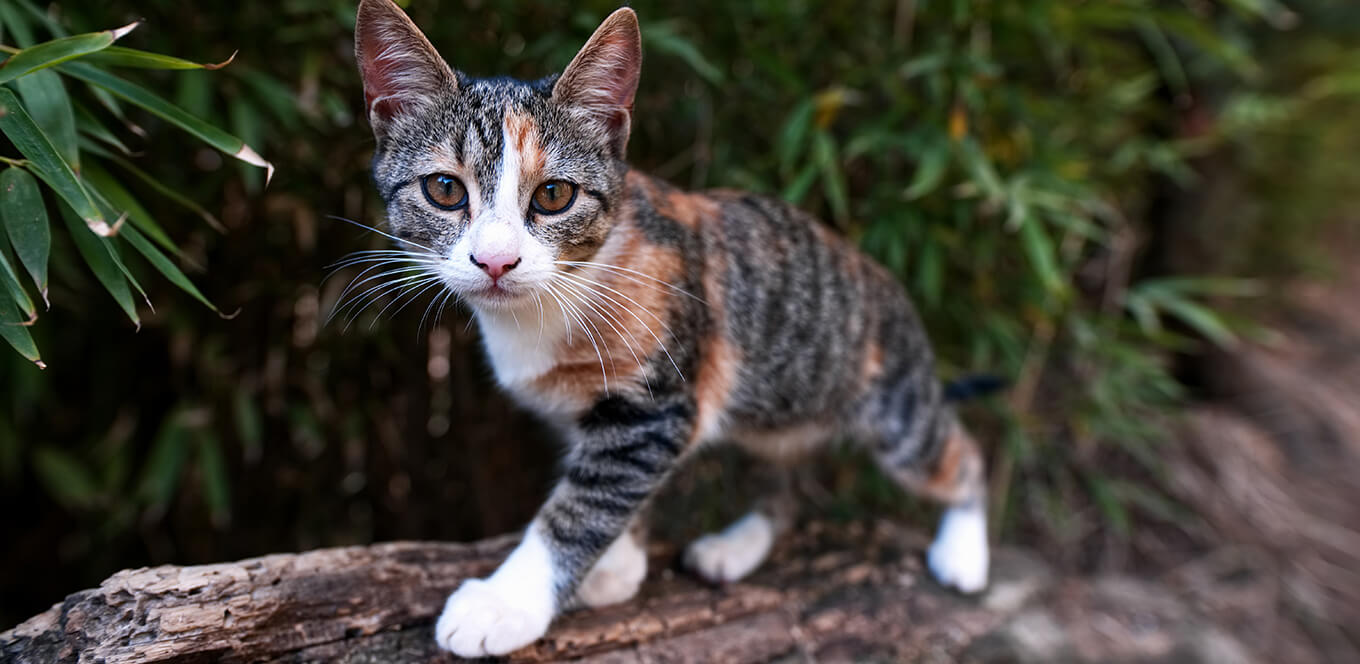
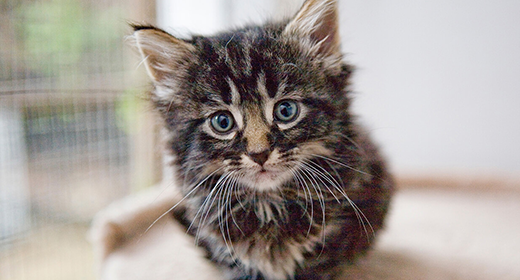
A newborn cat brings endless love and laughter to any household. However, as a new kitten parent, it is important to understand that caring for a kitten is not just about feeding and playing with them. Kittens have specific dietary needs, and it is important to provide them with high-quality kitten food that meets their nutritional requirements. Regular grooming, vaccination, and preventive care are essential in keeping your kitten healthy and free from diseases. This guide will give you all the information you need to raise a healthy kitten and ensure that it grows into a happy and healthy adult cat.
Check out the below table to understand how a cat develops with time:
Age | Milestone |
5 to 6 months old | Sexual maturity |
8 months old | Full set of adult teeth |
9 months old | Comparable digestion ability to adult |
12 months old (female) and 18 months old (male) | Reach adult body weight |
Between 10 to 12 months of age | Energy requirements go down to adult levels |
Want to know how old your cat is in human years? Check out the below table and find out:
| Life stage | Cat age | Cat age in human years |
|---|---|---|
| Kitten | 0 to 1 month old | 0 to 1 years old |
| 2 months old | 2 years old | |
| 3 months old | 4 years old | |
| 4 months old | 6 years old | |
| 5 months old | 8 years old | |
| 6 months old | 10 years old | |
| Junior | 7 months old | 12 years old |
| 12 months old | 15 years old | |
| 18 months old | 21 years old | |
| 2 years old | 24 years old | |
| Adult | 3 years old | 28 years old |
| 4 years old | 32 years old | |
| 5 years old | 36 years old | |
| 6 years old | 40 years old | |
| Mature | 7 years old | 44 years old |
| 8 years old | 48 years old | |
| 9 years old | 52 years old | |
| 10 years old | 56 years old | |
| Senior | 11 years old | 60 years old |
| 12 years old | 64 years old | |
| 13 years old | 68 years old | |
| 14 years old | 72 years old | |
| Super senior | 15 years old | 76 years old |
| 16 years old | 80 years old | |
| 17 years old | 84 years old | |
| 18 years old | 88 years old | |
| 19 years old | 92 years old | |
| 20 years old | 96 years old | |
| 21 years old | 100 years old | |
| 22 years old | 104 years old | |
| 23 years old | 108 years old | |
| 24 years old | 112 years old | |
| 25 years old | 116 years old |
In conclusion, raising a healthy kitten requires a lot of care and attention, but with the right knowledge and commitment, you can ensure that your kitten grows into a happy and healthy adult cat. Always consult your veterinarian for any questions or concerns, and don't hesitate to seek advice or guidance. With the right care and love, your kitten will bring you years of joy and companionship.
Signs of a healthy kitten include clear eyes, a clean coat, and a healthy appetite. It should also have a high-energy level to stay active. Regular check-ups with a veterinarian can also ensure your kitten is in good health.
Regular veterinary check-ups, proper nutrition and exercise as well as keeping up with vaccinations and preventative care are important for maintaining your kitten's health.
Kittens can be susceptible to a variety of health issues, including upper respiratory infections, worms, as well as flea and tick infestations. They can also develop chronic conditions such as diabetes or heart disease later in life.
Kittens are vulnerable to a variety of health issues, but with proper care and regular veterinary check-ups, they can stay healthy.
Kittens do need to drink water to stay hydrated, but the exact amount will vary depending on factors such as their age, size, and activity level. Consult with a veterinarian for specific recommendations.
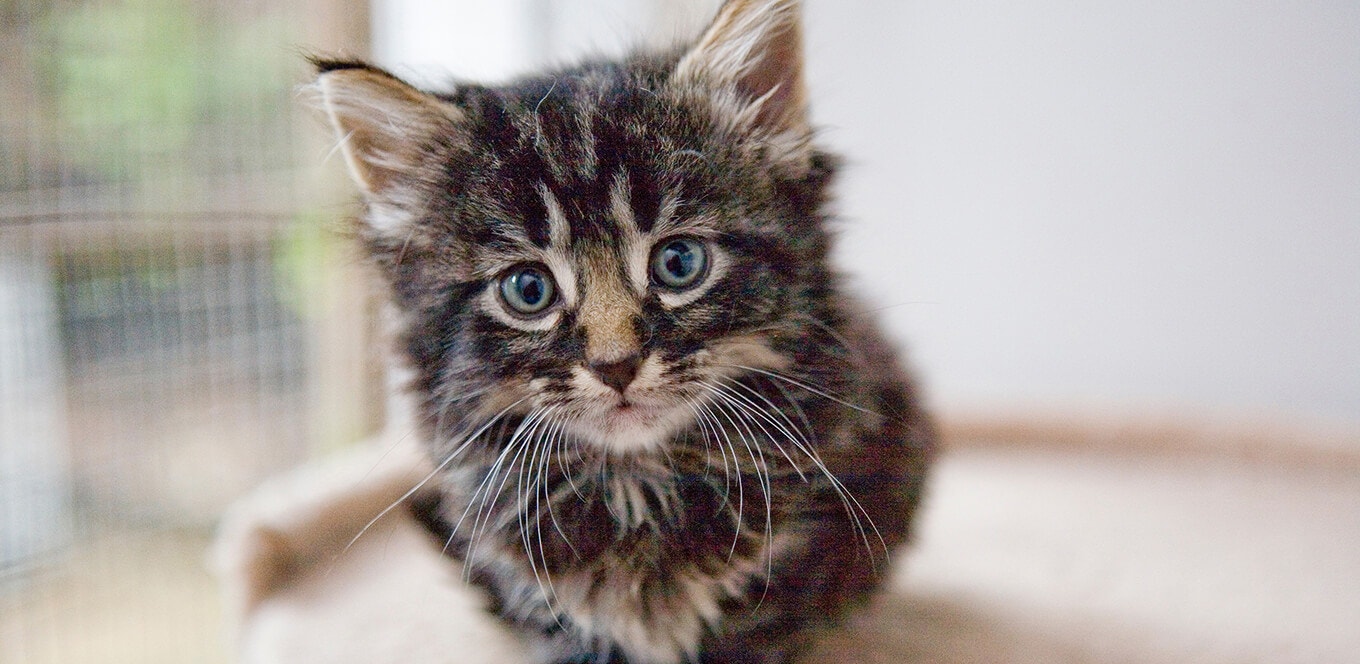
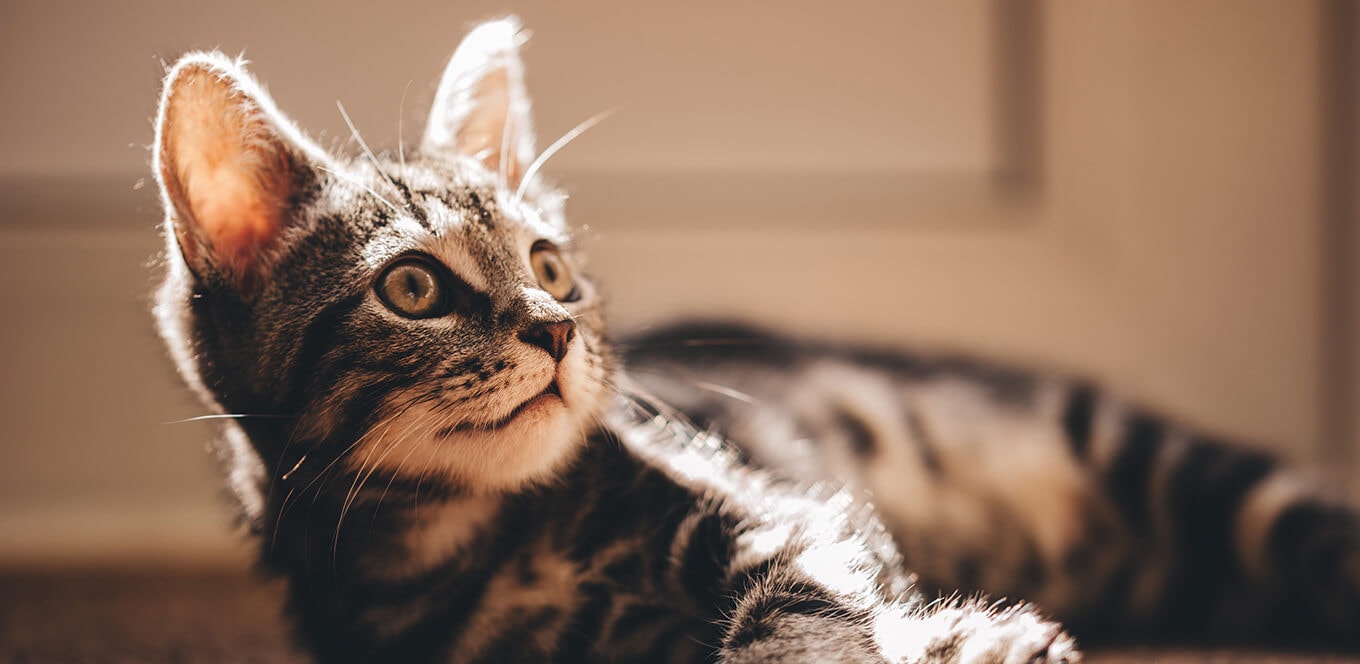

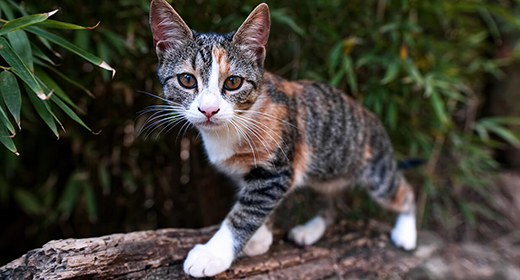
We include fish oil in IAMS™ dry kitten food to help promote healthy skin and a healthy coat in your kitten. Learn more about fish oil and meal, what it does, how it can help your kitten and why it is an important component in all IAMS dry kitten foods.
Fish oil is extracted from fish and is composed of special types of fats. Fish meal, which is used in IAMS dry kitten foods, is a good source of natural fish oil.
Fish oil from deep, cold-water fish contains omega-3 fatty acids. Fatty acids are a smaller component of fat, and omega-3 fatty acids are a type of fatty acid with important nutritional value. Fish oil has a unique fatty acid composition with high concentrations of long-chain omega-3 fatty acids, such as eicosapentaenoic acid (EPA) and docosahexaenoic acid (DHA).
The fatty acids in a kitten’s diet are incorporated into the body’s tissues and are critical for many body functions. For instance, animal cell membranes, including those in the skin, contain fatty acids. Omega-3 fatty acids are responsible for the production of substances that promote healthy skin conditions, especially when balanced with omega-6 fatty acids (found in common ingredients such as chicken fat and corn oil) in a ratio between 5:1 and 10:1.
All IAMS dry kitten foods, such as IAMS™ ProActive Health™ Healthy Kitten, contain fish oil as a high-quality source of omega-3 fatty acids.
Studies conducted by nutritionists at The IAMS Company found significant improvements in skin and coat when cats1 were fed a diet that contained omega-3 fatty acids in a balanced ratio with omega-6 fatty acids versus the same diet without the balanced ratio.
Feeding a complete and balanced diet with a balanced ratio of omega-6 and omega-3 fatty acids is proven to promote healthy skin and a shiny coat. When fed fish oil, cats showed:
1 Data on file, The IAMS Company, 2000.
